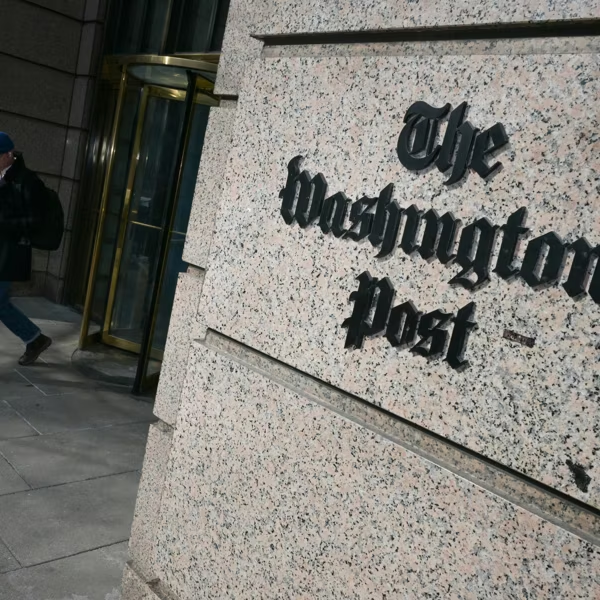For years, Wikileaks has been publishing massive troves of documents online -- usually taken without authorization from powerful institutions and then given to the group to publish -- while news outlets report on their relevant content. In some instances, these news outlets work in direct partnership with WikiLeaks -- as the New York Times and The Guardian, among others, did when jointly publishing the Iraq and Afghanistan war logs and U.S. diplomatic cables -- while other times media outlets simply review the archives published by WikiLeaks and then report on what they deem newsworthy.
WikiLeaks has always been somewhat controversial, but reaction has greatly intensified this year because many of its most significant leaks have had an impact on the U.S. presidential election and, in particular, have focused on Democrats. As a result, Republicans who long vilified the group as a grave national security threat have become its biggest fans ("I love WikiLeaks," Donald Trump gushed last night, even though he previously called for Edward Snowden to be executed), while Democrats who cheered the group for its mass leaks about Bush-era war crimes now scorn it as an evil espionage tool of the Kremlin.
The group's recent publication of the emails of Clinton campaign chair John Podesta has been particularly controversial because it comes less than a month before the election; it included all sorts of private and purely personal exchanges along with substantive, newsworthy material; and it was obtained through actions that were likely criminal (hacking). Compounding the intensity of the debate is the now standard Democratic campaign tactic of reflexively accusing adversaries of being tools or agents of Moscow.
As a result, it's worth reviewing a few crucial principles and facts about the journalistic process. It's vital to emphasize that there are two entirely independent questions presented by all this: (1) Were the hackers who took Podesta's emails -- and WikiLeaks, which published them all without curating them for relevance and harm -- justified in doing so? And (2) once those emails were taken by the hackers and published in full by WikiLeaks, what is the obligation of journalists with regard to reporting on them? I've spoken a lot in the past about question (1) -- including explaining why, rather than just indiscriminately dumping the Snowden archive and other leaks we've received, we instead carefully curate the materials and only publish what is newsworthy -- so, here, I'm going to address only the second question.
When it comes to the question of whether and how the Podesta email archive should be reported, there are, in my view, five principles that ought to guide the decision-making process...
Read the full article at The Intercept.



